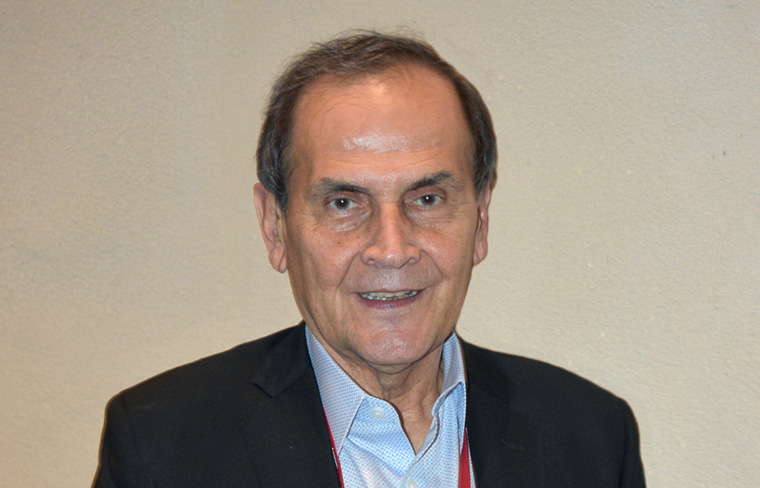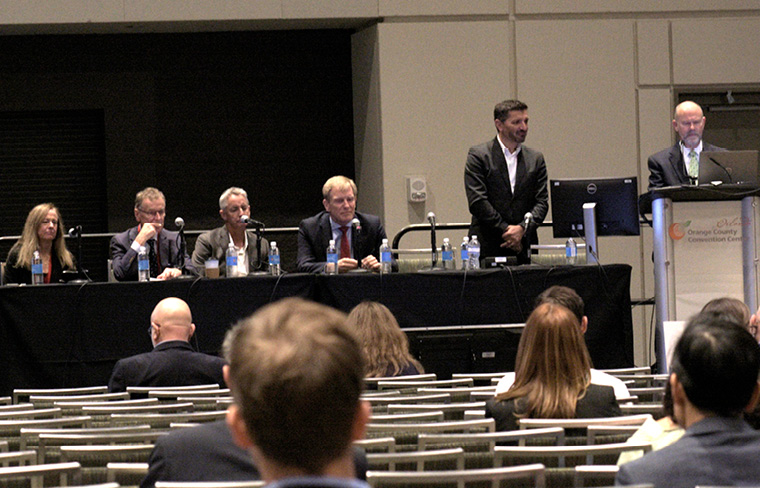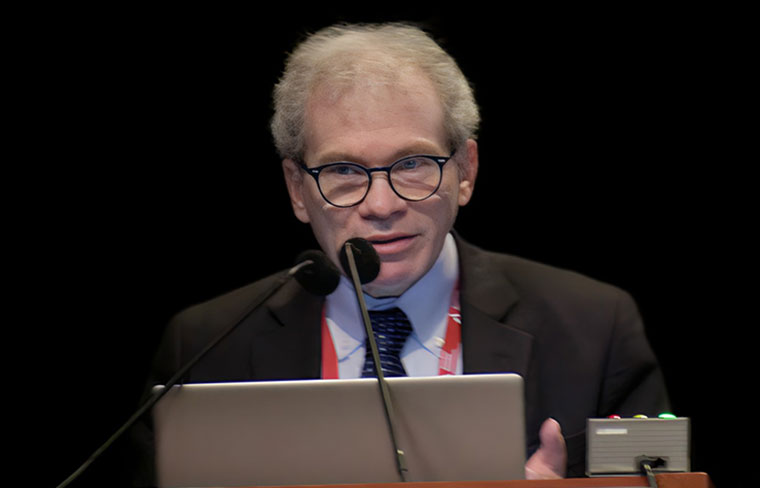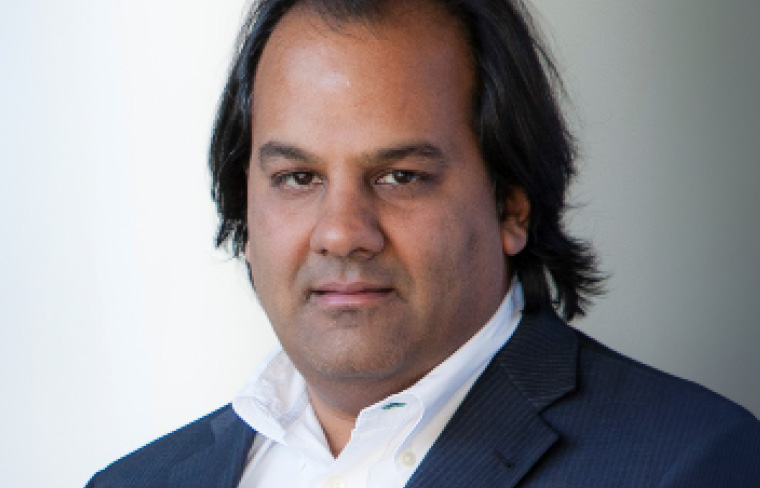-
ATTEMPT trial shows kidney, glycemic benefits for SGLT2 inhibitor in adolescents with type 1 diabetes
Jennifer L. Sherr, MD, PhD, and other investigators shared the latest data from the first randomized controlled trial of a sodium-glucose cotransporter protein-2 (SGLT2) inhibitor in adolescents with type 1 diabetes at the 84th Scientific Sessions.
-
TIGHT investigators share lessons learned from evaluating inpatient CGM
Despite a lack of improvement in glycemic management in TIGHT, Guillermo Umpierrez, MD, CDCES, MACP, FACE, said he was optimistic about the future of determining hypoglycemia and hyperglycemia for hospitalized patients with diabetes.
-
FLOW trial demonstrates kidney, cardiovascular benefits of semaglutide in high-risk patients with type 2 diabetes
Investigators presented findings from the first-ever dedicated kidney outcomes trial with a glucagon-like peptide-1 (GLP-1) receptor agonist. The trial was stopped early for clear positive efficacy, including slowed progression of kidney disease.
-
LENS results show benefit of fenofibrate in early treatment of diabetic retinopathy
Multiple cardiovascular trials suggested the potential of fenofibrate in treating diabetic retinopathy and informed the hypothesis for LENS, explained Principal Investigator David Preiss, MBChB, MRCP, FRCPath, PhD.
-
STEP trials show heart failure benefit with or without diabetes, could transform HFpEF treatment
Two trials of semaglutide show similar improvement in heart failure symptoms and weight loss in patients with BMI >30 who have heart failure with preserved ejection fraction with or without diabetes, reported Mikhail N. Kosiborod, MD, and other investigators.
-
New results from SELECT show reduction in progression to diabetes
Semaglutide is best known as a weight loss drug, yet SELECT was not a weight loss study. It was a secondary cardioprevention trial, explained Donna H. Ryan, MD, one of the experts presenting results from SELECT.
-
SURMOUNT-OSA findings demonstrate benefit of tirzepatide in treatment of obesity-related OSA
The drug has been shown to improve sleep apnea severity and related cardiometabolic issues in people with moderate-to-severe obstructive sleep apnea, reported investigators including Atul Malhotra, MD, and Louis J. Aronne, MD, FACP, DABOM.
-
INHALE-3 investigators detail benefits of inhaled insulin for type 1 diabetes
Study Chair Irl B. Hirsch, MD, reported that inhaled insulin may be good for patients who are engaged in their diabetes self-management and want to reduce hyperglycemia even further, and for patients who want an alternative to a pump.
-
Symposium on drugs used for diabetic retinopathy to include LENS results
David Preiss, MBChB, MRCP, FRCPath, PhD, will highlight results from the LENS trial and the efficacy of fenofibrate in the treatment of diabetic retinopathy in a Friday, June 21, symposium.
-
SURMOUNT-OSA investigators will unveil new findings in obesity-related OSA
Atul Malhotra, MD, will be among the researchers sharing phase 3 clinical trial data showing the potential of a dual gastric inhibitory polypeptide (GIP) and glucagon‐like peptide‐1 (GLP‐1) receptor agonist used in the treatment of type 2 diabetes as a potential therapy for obesity-related obstructive sleep apnea (OSA). SURMOUNT-OSA evaluated how tirzepatide injection affected the…











